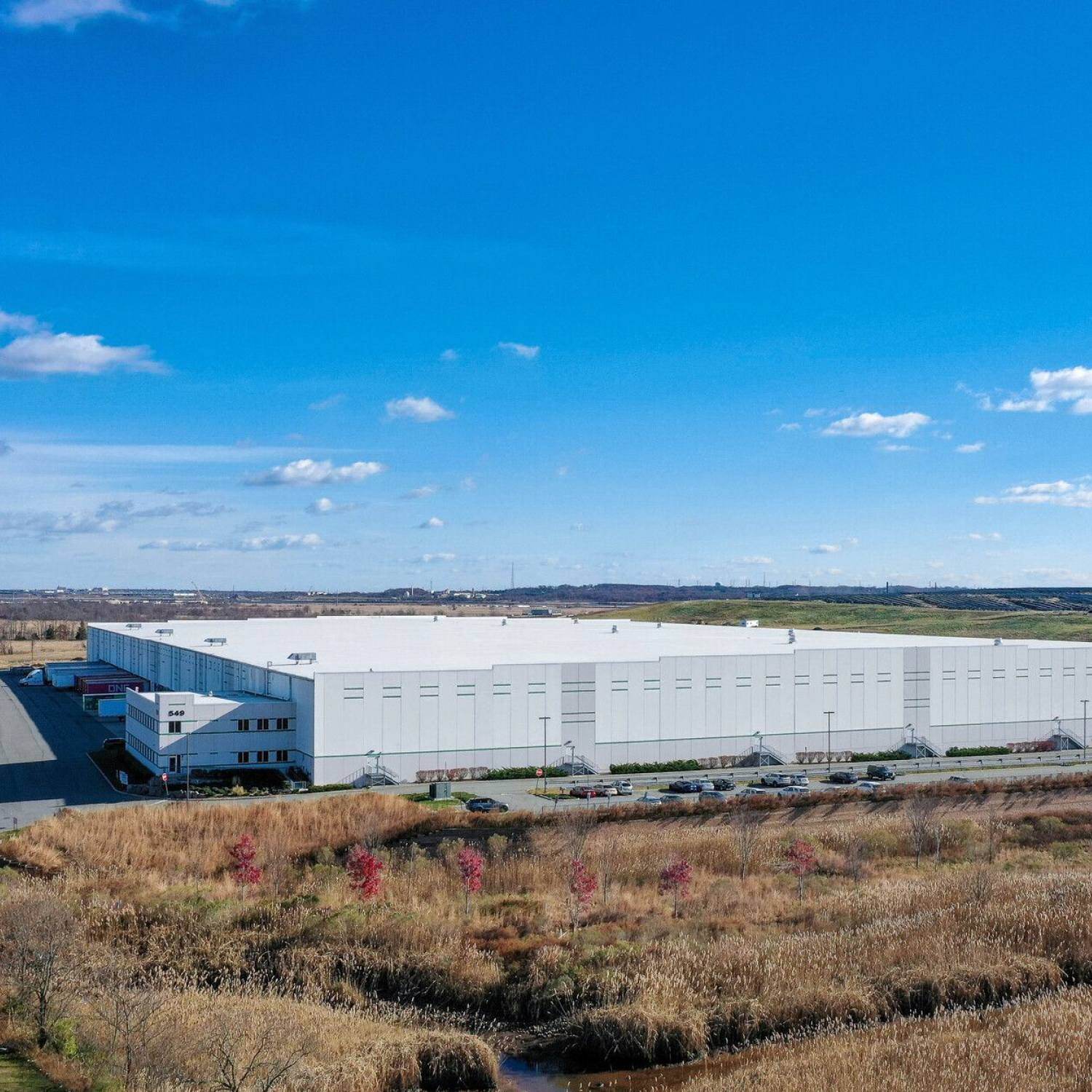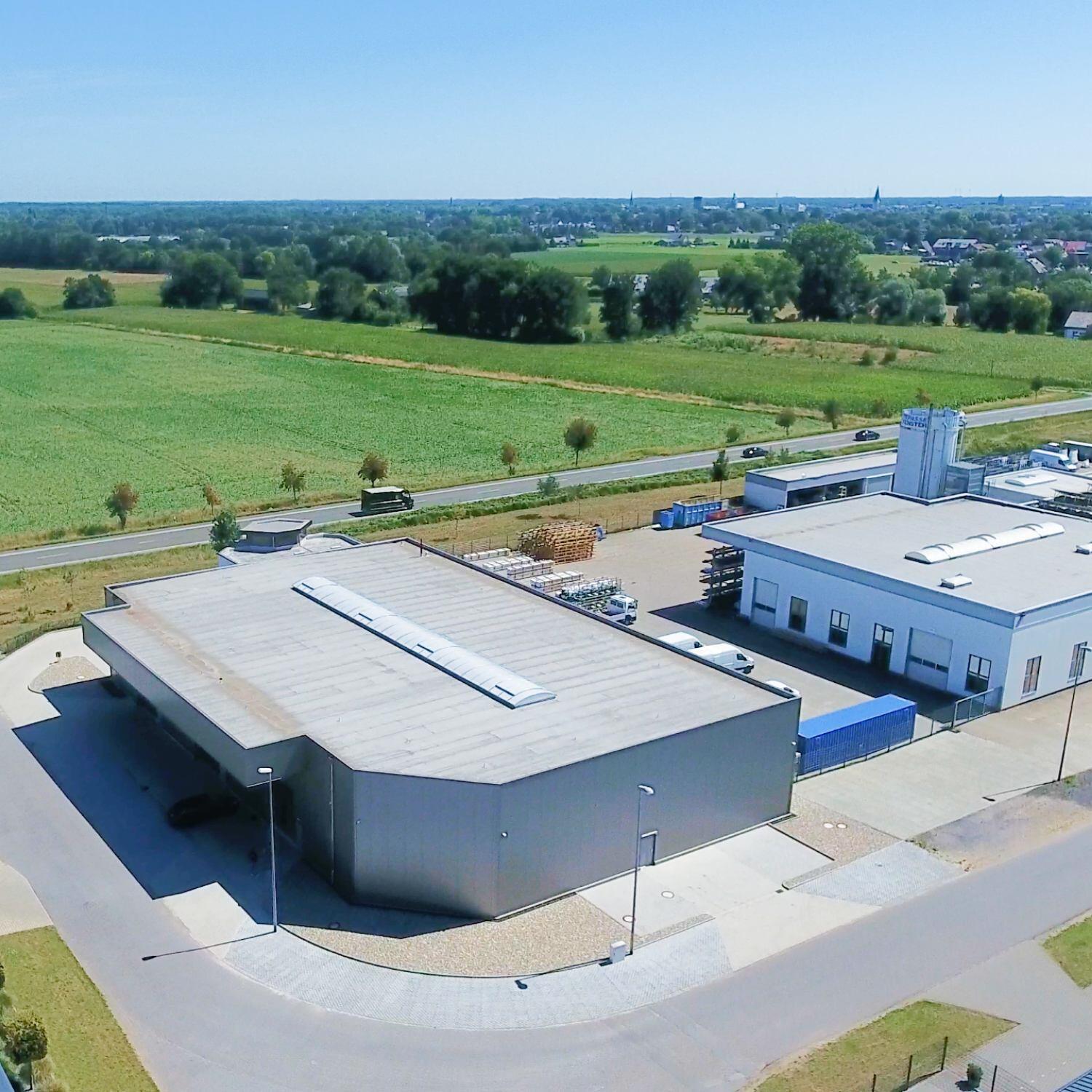Top 5 Tips for preparing your e-commerce store for Black Friday
Are you an e-commerce business that's feeling the pressure of Black Friday? Here are our top 5 tips to thrive this Black Friday period!

Download your copy of the OmniDisruptors Report.
Lessons from the brands redefining retails in the omnichannel era.
Download the reportThe sharing economy, also known as the ‘crowd’, ‘gig’, ‘peer-to-peer’, or ‘on-demand’ economy, is transforming business practices. In essence, the shared economy is a usership model where consumption is based on utilisation rather than ownership. It is focused on collaborative consumption and enables more cost-effective and often environmentally-friendly use of assets and services, without outright ownership.
Some of the world's largest brands, like Uber and Airbnb, have successfully adopted this model. Uber operates as the world’s largest taxi company without owning any cars, and Airbnb is the largest accommodation provider without owning properties.
In the UK alone, the sharing economy is projected to be worth £140 billion by 2025. However, while it is a fast-growing phenomenon across numerous consumer-facing sectors, the B2B world has been slow to embrace resource sharing despite its many advantages. That may not be the case for long, however.


We’re proud to be at the forefront of the B2B sharing economy.
Traditionally, logistics providers build warehouse space to meet uncertain projected demand, often leading to underutilisation. Our sharing economy model reimagines this dynamic by instead developing an impressive network of partnerships with warehouse owners, which allows us to access unlimited amounts of unused space in existing facilities and connect them through our advanced technology platform.
Everyone’s a winner with the model. We can better support our clients by enabling quicker entry into new markets and offering much more scalable and flexible solutions as demand changes. Our network partners, meanwhile, gain extra income for space that was previously lying dormant. Most importantly, the environment benefits from fewer new warehouses being constructed or existing warehouses being operated sub-optimally.
Our approach demonstrates how leveraging shared resources can lead to better asset utilisation, lower energy consumption, and reduced environmental impact. It has also supported consistently faster growth for both us and our customers. Indeed, our flexibility has allowed us to meet skyrocketing demand right across the glove without the constraints of fixed capacity.

The B2B sharing economy is rapidly evolving, with an increasing range of shared services becoming available in areas ranging from loans to software. As the model matures and more businesses come to recognise the many benefits of collaborative consumption, we predict that it will continue to gain momentum and venture into new avenues.
This B2B sharing revolution has the potential to disrupt industries while also fostering more regenerative and inclusive ways of doing business. That can only be a good thing; as our experience has taught us, the B2B sharing economy not only optimises resource use and reduces wastage (helping the environment), but it also turbocharges growth and productivity gains (helping the economy).
As the B2B sharing economy continues to evolve, the potential for brands to reap significant benefits grows. To learn more about how our innovative model can help your business achieve greater flexibility, sustainability, and growth, read more about our model here. Discover how fulfilmentcrowd is leading the charge in transforming the B2B landscape through shared resources and collaborative consumption.
Check out our other recommendations just for you!
See allAre you an e-commerce business that's feeling the pressure of Black Friday? Here are our top 5 tips to thrive this Black Friday period!
Are you considering third party logistics for your business but are not sure if you're ready? Here's the ultimate guide on when to consider 3PL.
Discover how Bambino Mio simplifies sustainable logistics. Learn innovative strategies and insights for eco-friendly supply chain management in this informative blog post.

© 2024 fulfilmentcrowd. All rights reserved |
Policies-transformed.png?width=334&height=130&name=LoydsBusiness_1_(1)-transformed.png)

 By Lee Thompson
By Lee Thompson